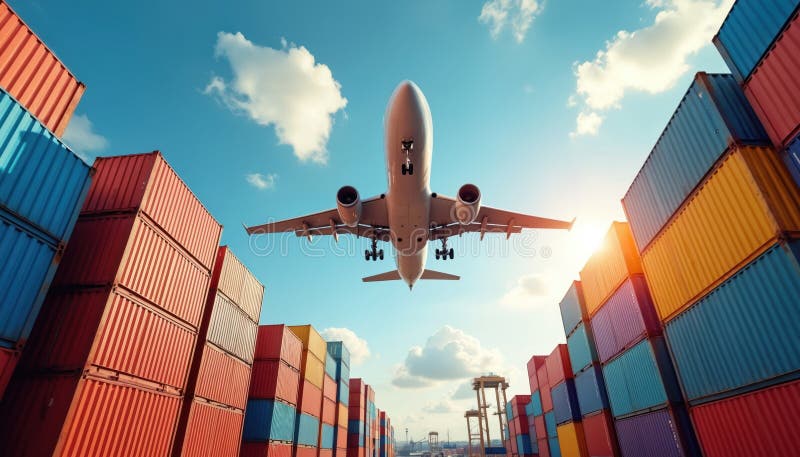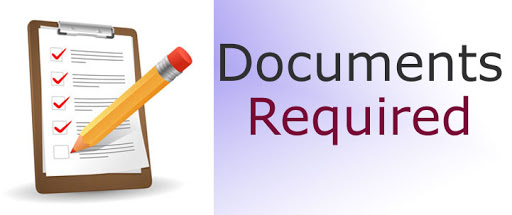- By TOP CHINA FREIGHT
- September 27, 2025
- Air Freight, Shipping
Table of Contents
Air freight from China to Pakistan is one of the most reliable ways to move goods quickly across Asia. Businesses choose this method for its speed, security, and efficiency when compared to sea freight. However, costs, customs requirements, and transit times often confuse shippers. This guide explains everything you need to know, from pricing and documentation to best practices for smooth deliveries.

What makes air freight from China to Pakistan popular?
Air freight remains the preferred option for companies that need fast, secure, and dependable transport. Compared with sea freight, it significantly reduces delivery time and ensures higher cargo safety. Electronics, textiles, pharmaceuticals, and urgent shipments often rely on this channel. Moreover, Pakistan’s growing import market demands reliable supply chains, and air freight offers an efficient solution.
How long does air freight from China to Pakistan take?
Transit times vary depending on routes, carrier schedules, and customs clearance. On average, shipments take 3–7 days from major Chinese airports such as Guangzhou, Shenzhen, or Shanghai to Pakistan’s hubs like Karachi, Lahore, and Islamabad.
| Route | Average Transit Time | Notes |
|---|---|---|
| Shanghai – Karachi | 4–6 days | Fastest option |
| Shenzhen – Lahore | 5–7 days | May include indirect flights |
| Beijing – Islamabad | 3–5 days | Often direct service available |
However, peak seasons or customs inspections may extend the timeline slightly. Therefore, planning shipments in advance helps avoid costly delays.
What are the costs of shipping by air freight?

Air freight costs are calculated based on chargeable weight, which is the greater of actual weight or volumetric weight. Rates typically range between $4.5 to $7 per kg, depending on cargo type, airline, and fuel surcharges.
| Cargo Weight | Estimated Rate per KG | Total Cost Example |
|---|---|---|
| 100 kg | $5.5 | $550 |
| 300 kg | $5.0 | $1,500 |
| 500 kg | $4.7 | $2,350 |
Additionally, customs duties, handling fees, and delivery charges within Pakistan affect final pricing. Businesses must calculate total landed costs to avoid surprises.
Which airports handle air freight between China and Pakistan?
Both China and Pakistan have major airports equipped with international cargo handling facilities.
Key Airports in China:
- Shanghai Pudong International (PVG)
- Guangzhou Baiyun International (CAN)
- Shenzhen Bao’an International (SZX)
- Beijing Capital International (PEK)
Key Airports in Pakistan:
- Jinnah International, Karachi (KHI)
- Allama Iqbal International, Lahore (LHE)
- Islamabad International (ISB)
Using major airports ensures shorter transit times, better tracking, and efficient customs clearance.
What customs documents are required for air freight?

Proper documentation is crucial to avoid clearance delays.
| Document | Purpose |
|---|---|
| Air Waybill (AWB) | Proof of shipment and contract of carriage |
| Commercial Invoice | Declares product value |
| Packing List | Details of cargo |
| Certificate of Origin | Confirms manufacturing source |
| Import License (if needed) | For restricted goods |
Without accurate paperwork, shipments risk penalties or return to the origin. Therefore, working with experienced freight forwarders is essential.
What are the pros and cons of air freight vs sea freight?
| Factor | Air Freight | Sea Freight |
|---|---|---|
| Transit Time | 3–7 days | 25–35 days |
| Cost | Higher ($4.5–7/kg) | Lower ($1,500–$2,000 per container) |
| Reliability | Very high | Moderate |
| Cargo Type | High-value, urgent goods | Bulk, heavy goods |
| Customs Clearance | Faster | Slower |
Air freight is best for urgent, high-value shipments, while sea freight suits bulk cargo with flexible timelines.
How do peak seasons impact rates and transit?
Can dangerous goods be shipped by air from China to Pakistan?
Yes, but only under IATA Dangerous Goods Regulations. Items such as lithium batteries, chemicals, and flammable products require special packaging, labeling, and approval. Airlines often apply additional surcharges, and not all carriers accept hazardous cargo. Businesses must consult certified freight forwarders for compliance.
Case Study: Fast delivery of electronics

A Pakistani electronics retailer needed 500 kg of smartphones delivered urgently from Shenzhen to Karachi. By selecting air freight, the shipment arrived in just 4 days, compared to the 25–30 days it would have taken by sea. Although the cost per kg was higher, the retailer gained an edge by launching products ahead of competitors. This case highlights how air freight supports just-in-time supply chains and market competitiveness.
What techniques can reduce air freight costs?
1.Consolidation services:
Combining smaller shipments reduces per kg costs.
2.Flexible scheduling:
Avoiding peak days ensures lower rates.
3.Proper packaging:
Optimizing packaging reduces volumetric weight.
4.Negotiating contracts:
Long-term agreements with freight forwarders secure better pricing.
Therefore, businesses should balance speed with cost-saving strategies.
Conclusion
Air freight from China to Pakistan provides unmatched speed, security, and reliability for businesses moving goods. While costs are higher than sea freight, benefits like fast delivery and reduced risk often outweigh expenses. With the right documentation, planning, and freight forwarder, companies can ensure smooth shipments. Choosing this method is especially valuable for high-value, urgent, or time-sensitive goods.
Need a Shipping Quote?
If you want expert guidance and peace of mind, our team is ready to assist.
TJ China Freight offers tailored solutions to help businesses of all sizes ship more reliably from China.

FAQ
Q1:What is the average transit time for air freight from China to Pakistan?
Most shipments take 3–7 days depending on the route and customs clearance.
Q2:How are air freight charges calculated?
Charges are based on chargeable weight, the greater of actual weight or volumetric weight.
Q3:Can I ship perishable goods by air from China to Pakistan?
Yes, perishable items like food or pharmaceuticals require temperature-controlled handling.
Q4:Do I need an import license for air freight shipments to Pakistan?
Yes, certain goods require an import license, depending on product category.
Q5:What is the maximum cargo weight for air freight?
Airlines usually allow shipments up to several tons, subject to aircraft capacity.
